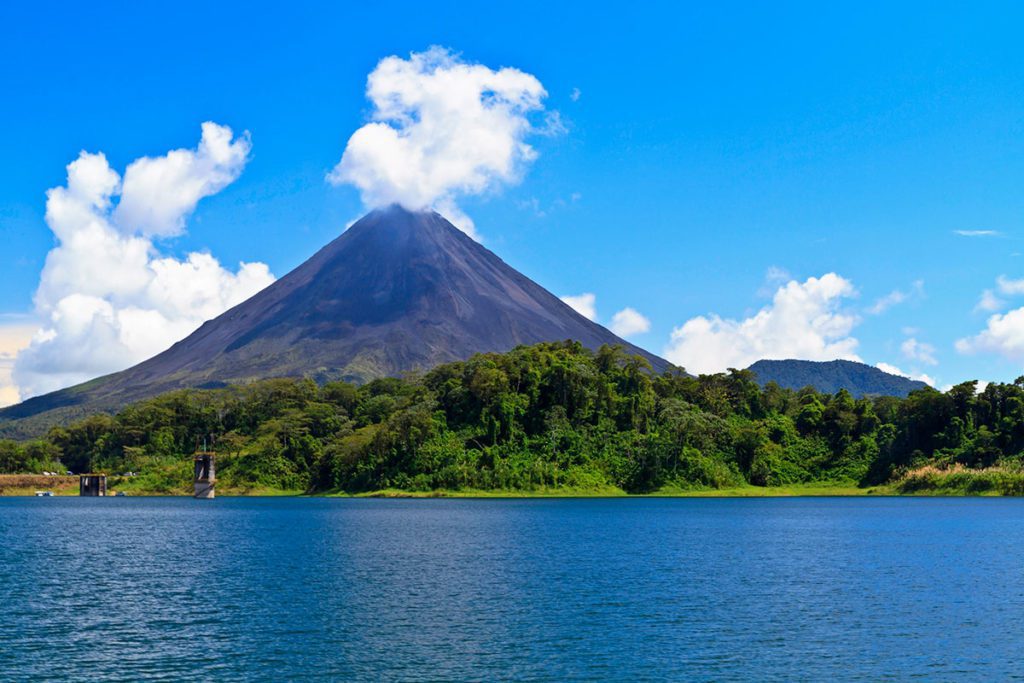The photographer's playground
Welcome to Costa Rica
Every frame is a captivating symphony of light, color, and life.
A "natural studio"
The enchanting beauty of Costa Rica is an open invitation to photographers worldwide. It is a country where Mother Nature has worked overtime, sculpting an extraordinary landscape that captivates the senses and leaves you speechless. For lovers of Nature, wildlife, bird, macro, and landscape photography, Costa Rica is a veritable playground and a natural studio.
Here, you’ll be awed by the colorful quilt of ecosystems – thriving rainforests, rugged highlands, mighty volcanoes, ethereal cloud forests, sun-kissed coastlines, and biodiverse mangrove swamps. These distinct habitats host an unparalleled assortment of flora and fauna, establishing Costa Rica as one of the most biodiverse places on earth.
Why Costa Rica? Let the numbers speak
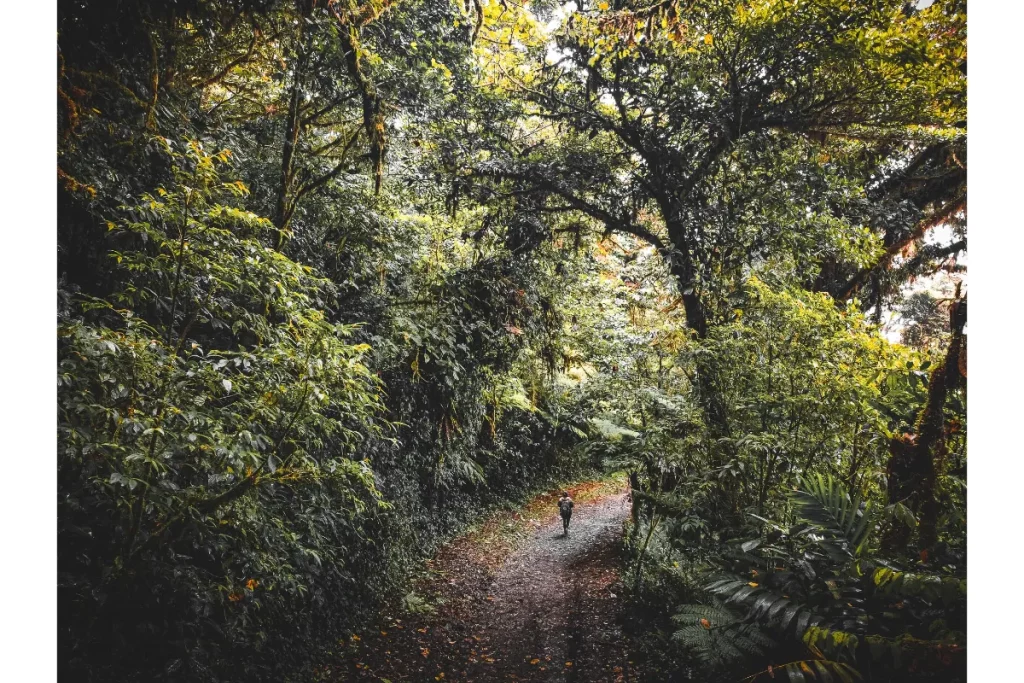
birds species
mammals species
reptilian species
species of plants
World's biodiversity
UNESCO World Heritage Sites
Oceans
tropical beaches
Protected areas
life zones
national parks
territory is protected
micro climates
transition zones
active volcanoes
Km. of coastline
A natural studio
Nature everywhere!
Location
Costa Rica is located on a stretch of continent known as the Isthmus of Panama.
Around 20 million years ago, the continents of North and South America were separated by the Central American Seaway.
The movement of tectonic plates below the ocean resulted in undersea volcanos that eventually emerged to form a chain of islands between the two continents.
Over millions of years, sediment built up between these islands and resulted in a land bridge, or isthmus, between North and South America. It connected the two American continents for the first time in 150 million years.
As a result, species that had evolved in isolation on either continent were able to meet for the first time. Many of those species are still living in Costa Rica today.
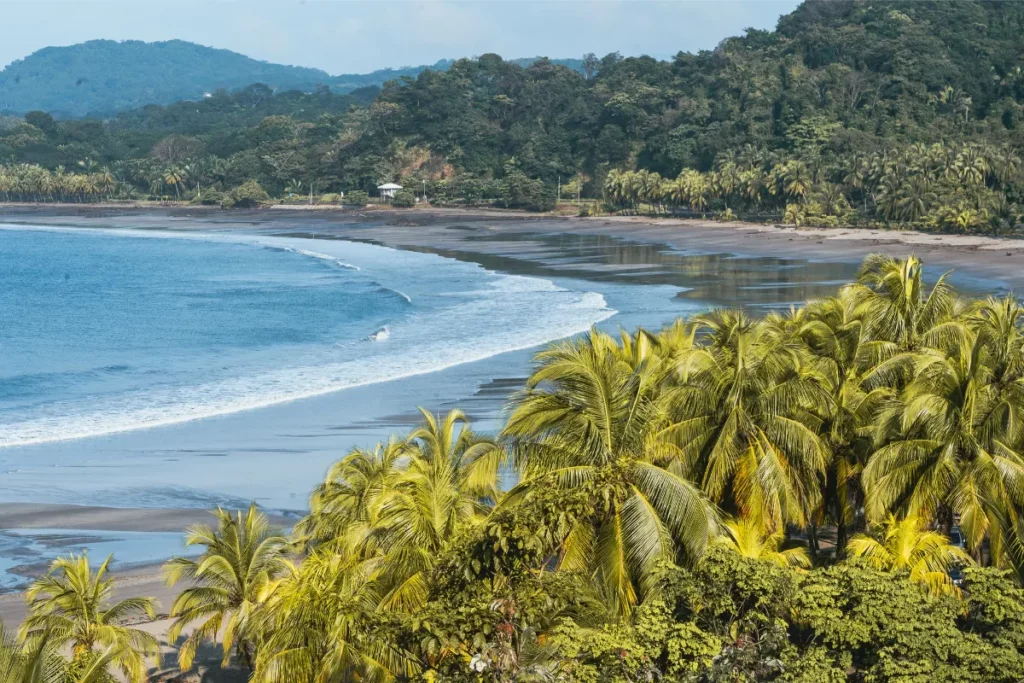
Sea change
The Isthmus of Panama also influenced the oceans around it.
The Atlantic and Pacific Oceans were isolated from each other, which led to unique populations of ocean life developing on either side of the land bridge.
Since Costa Rica has both Pacific and Atlantic coasts, it is home to unique wildlife shaped by millions of years of the oceans being apart.
Costa Rica’s geographical position also means it is exposed to predominantly wet seasons on its Atlantic coast, as well as variable wet and dry seasons on the Pacific side. This mix of weather systems across the country contributes to the rich biodiversity of Costa Rica.
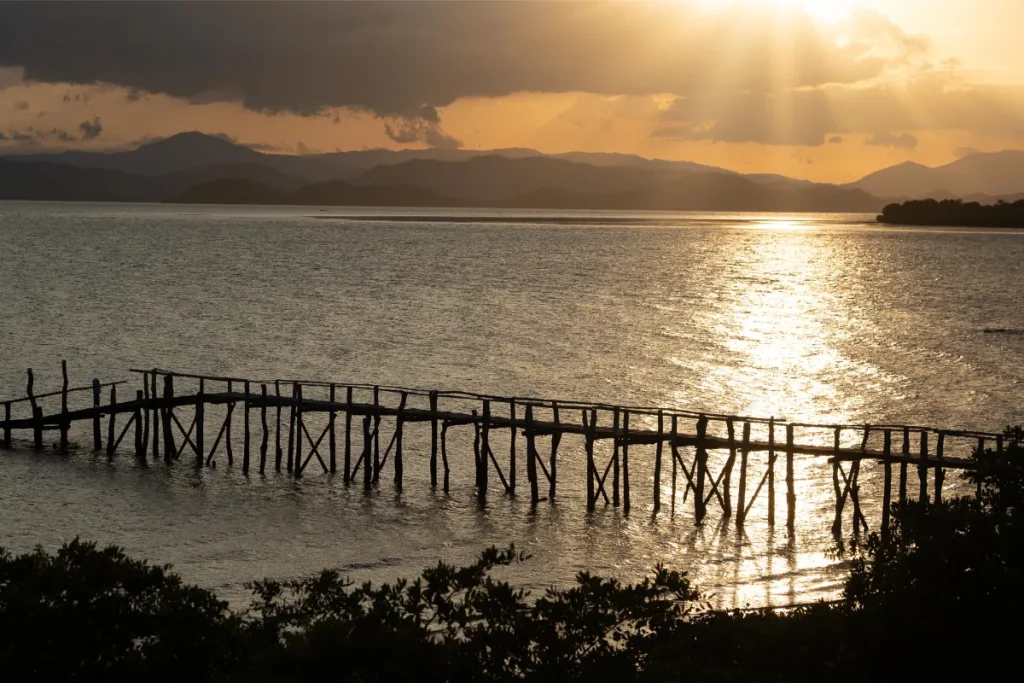
Mountain high, valley low
The volcanic islands that predate the isthmus are still present in modern day Costa Rica — they are the mountain ranges that stretch down the middle of the country. The volcanic soils around these mountains contribute to the lush plant life found across Costa Rica.
But the real secret is the altitude of the mountains. The tallest mountains in Costa Rica are well over 3000m tall.
When combined with the neotropical climate, this results in a multitude of different ecosystems. In fact, Costa Rica has 12 different ecosystems that reach from the ocean to the mountain tops. These range from tropical forests and cloud forests to mangroves, wetlands, and coral reefs.
With such an incredibly diverse range of ecosystems, it’s no wonder that there is such a wide range of species that call Costa Rica home.
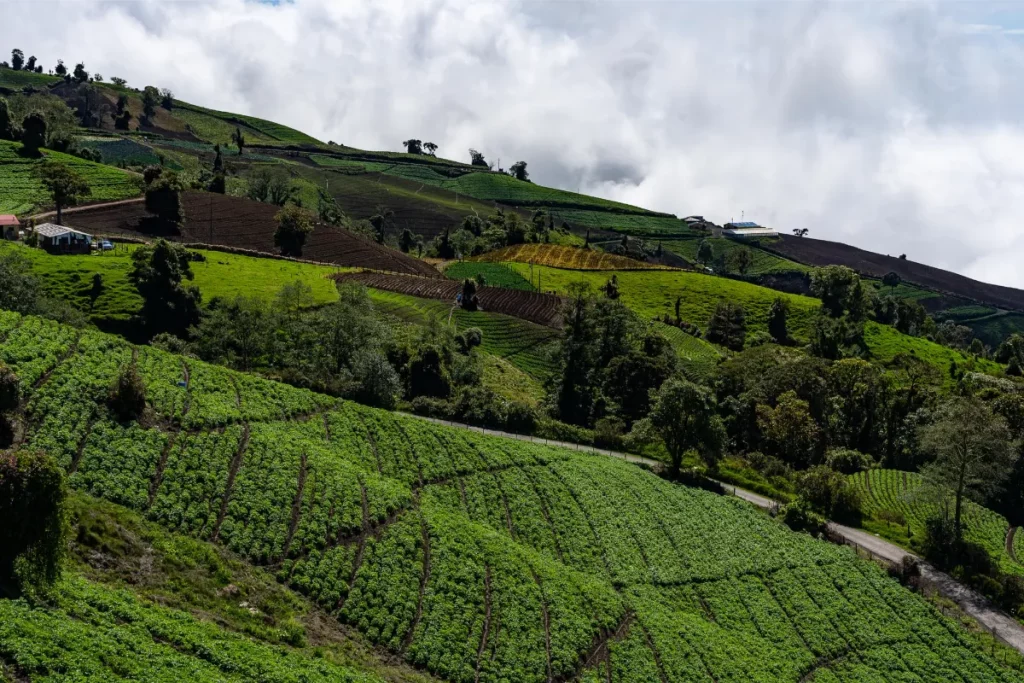
Protect and conserve
Understanding where Costa Rica’s incredible biodiversity comes from is crucial to protecting it.
Before 1940, around 75% of the country was covered in forest. This made it a prime target for loggers, who cleared huge swathes of the country, replacing forests with farmland. By 1987, it is estimated that up to half of the forest cover in Costa Rica had been destroyed. It was at this point the Costa Rican government stepped in.
They created laws banning deforestation without government approval and created ‘payments for ecological services’ where Costa Ricans receive financial support in return for helping restore forests.
As a result, Costa Rica became the first tropical country to entirely reverse deforestation; today, around 60% of the country has returned to forest cover.
Conserving the forests not only protects the plants and animals that call it home but also helps support the economy.
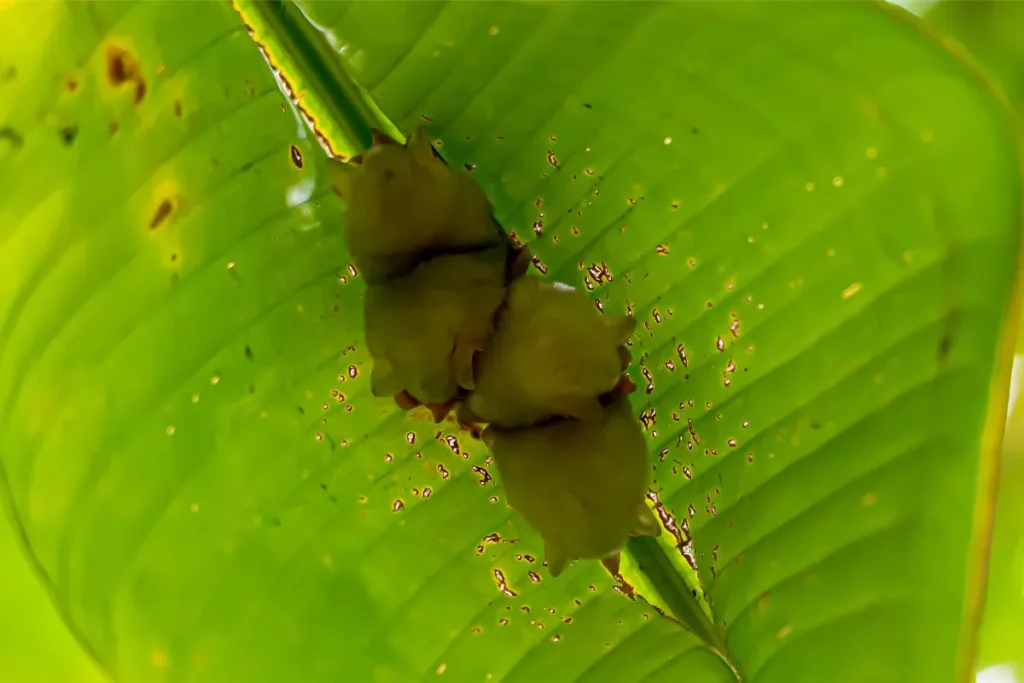
Keeping it simple
Costa Rica’s approach to conservation might be best summed up by their unofficial motto ‘pura vida’.
Literally translated, pura vida means ‘simple life’.
It’s a philosophy that encourages people to focus on the positives and be thankful for what they have around them.
By focusing on the joys of the natural world, Costa Ricans have championed biodiversity conservation, recently winning the inaugural Protect and Restore Nature Earthshot Prize.
Pura vida; is something we could all use a bit more of, don’t you think?
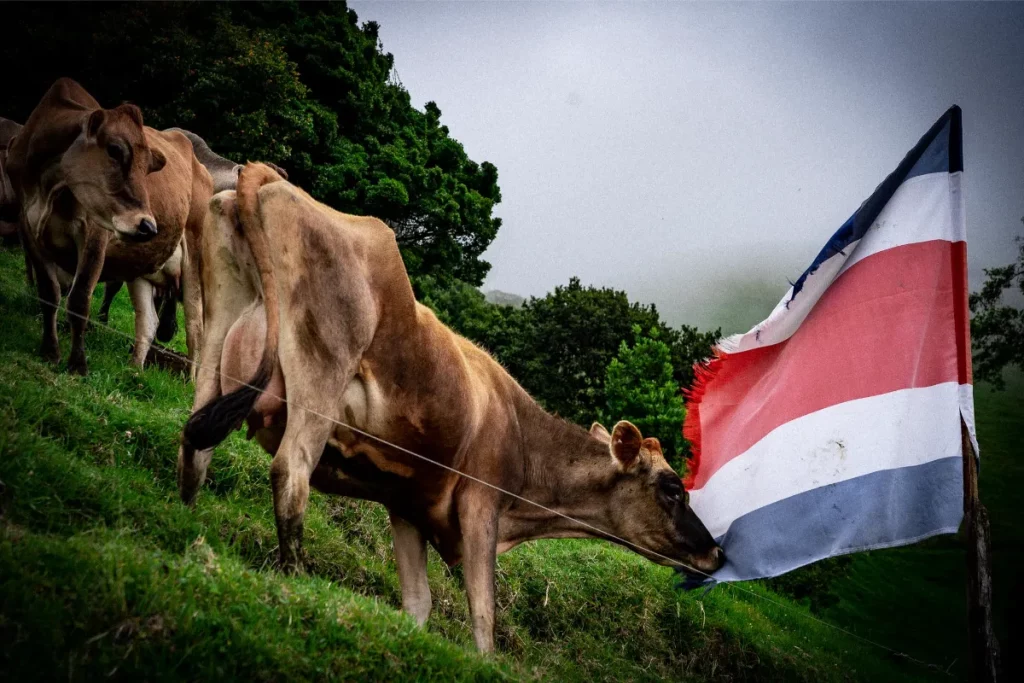
Unlimited photography opportunities
Nature everywhere!
Bird photography
For bird photographers, Costa Rica is a dream destination. The country is a corridor between North and South America, resulting in an incredibly rich diversity of bird species.
Whether you’re after a shot of the Scarlet Macaw’s vibrant plumage or the exotic beauty of the Toucan, Costa Rica offers endless possibilities.
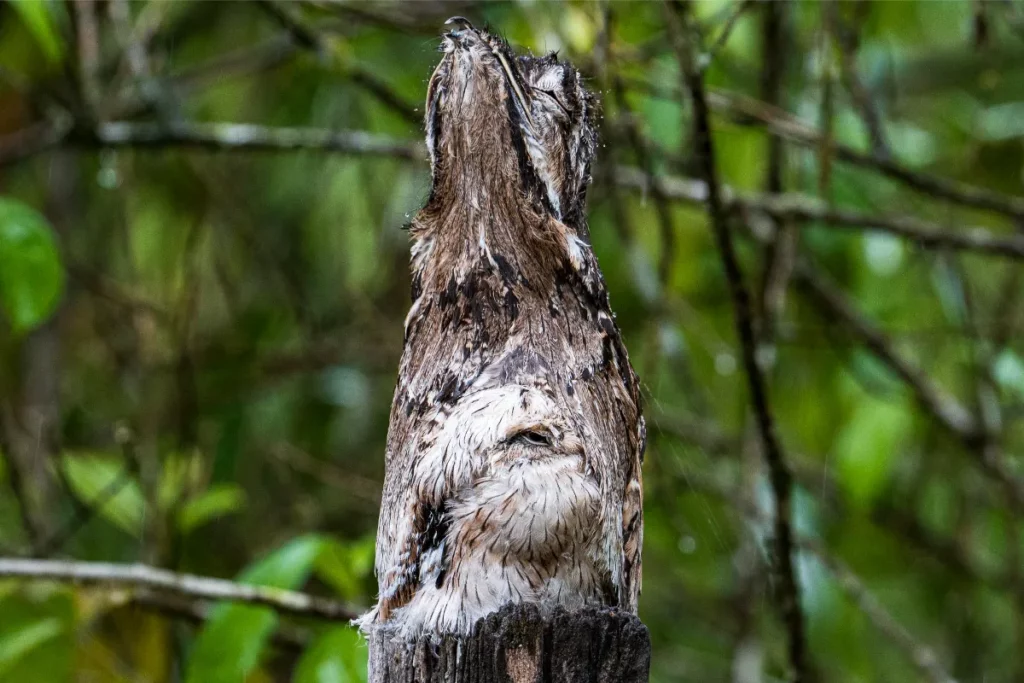
Wildlife Photography
Wildlife photographers will discover an impressive array of subjects in this tropical paradise. Costa Rica hosts approximately 5% of the world’s biodiversity, with an incredible variety of wildlife, including hundreds of mammal species, thousands of insect species, and over 900 different types of birds.
Whether you’re capturing the elusive jaguar in its natural habitat, photographing the intricate details of an exotic butterfly, or aiming your lens at the stunning Resplendent Quetzal in flight, Costa Rica delivers unique experiences at every turn.
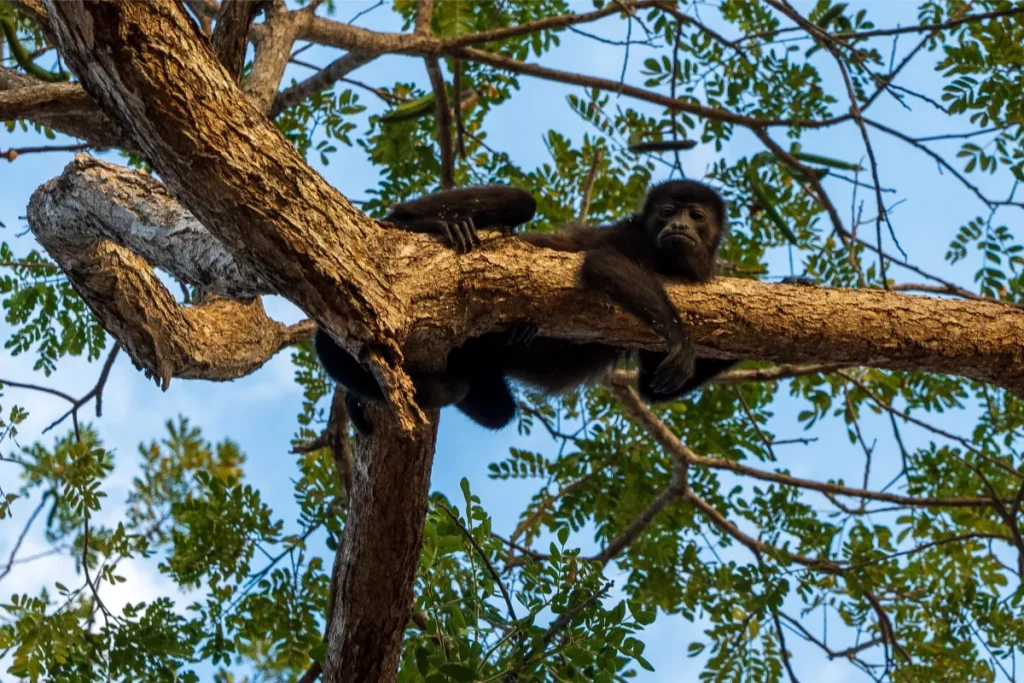
Macro photography
For those interested in macro photography, Costa Rica’s undergrowth teems with life.
The world in miniature is an endless source of fascination. Capture dewdrops on a vibrant Heliconia flower, the iridescent wing of a Morpho butterfly, or the intricate web of an orb-weaver spider.
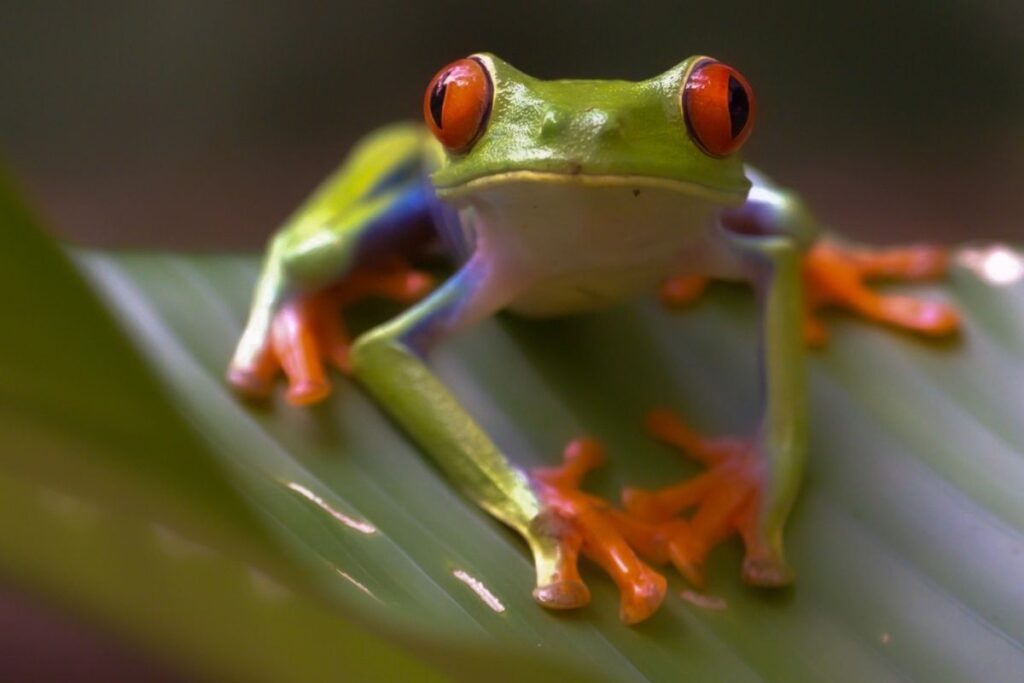
Landscape photography
Lastly, landscape photographers will find no shortage of dramatic panoramas.
From the majestic Arenal Volcano’s fiery silhouette against the twilight sky to the ethereal beauty of the cloud-shrouded Monteverde, or the picturesque beaches of Guanacaste kissed by golden sunsets – Costa Rica offers a stunning tableau for the keen-eyed landscape photographer.
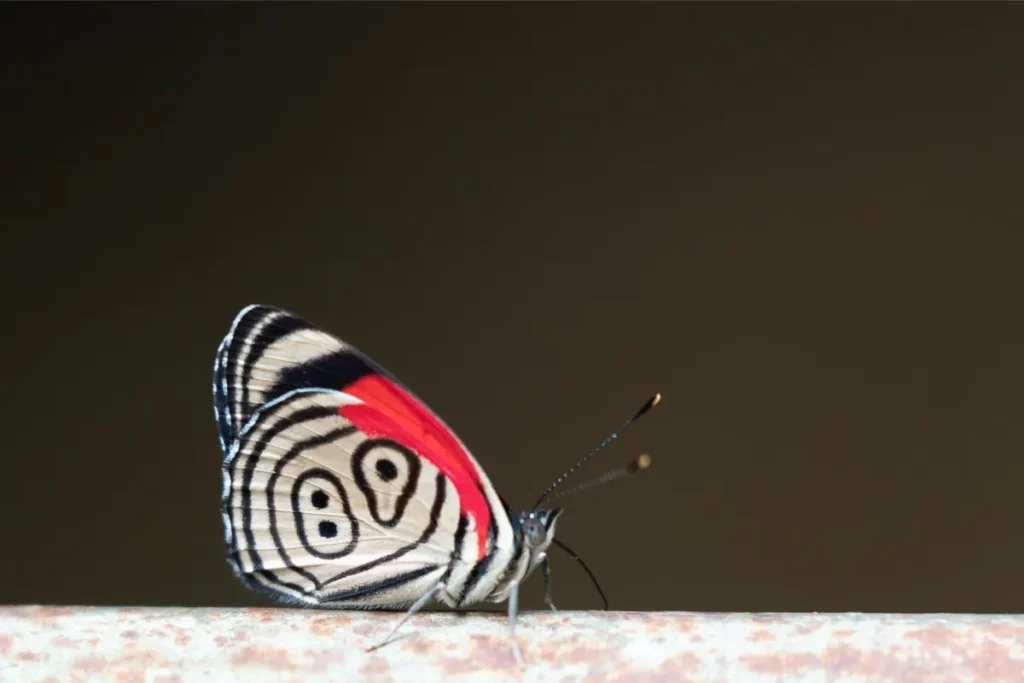
Photographic spots
Our playground
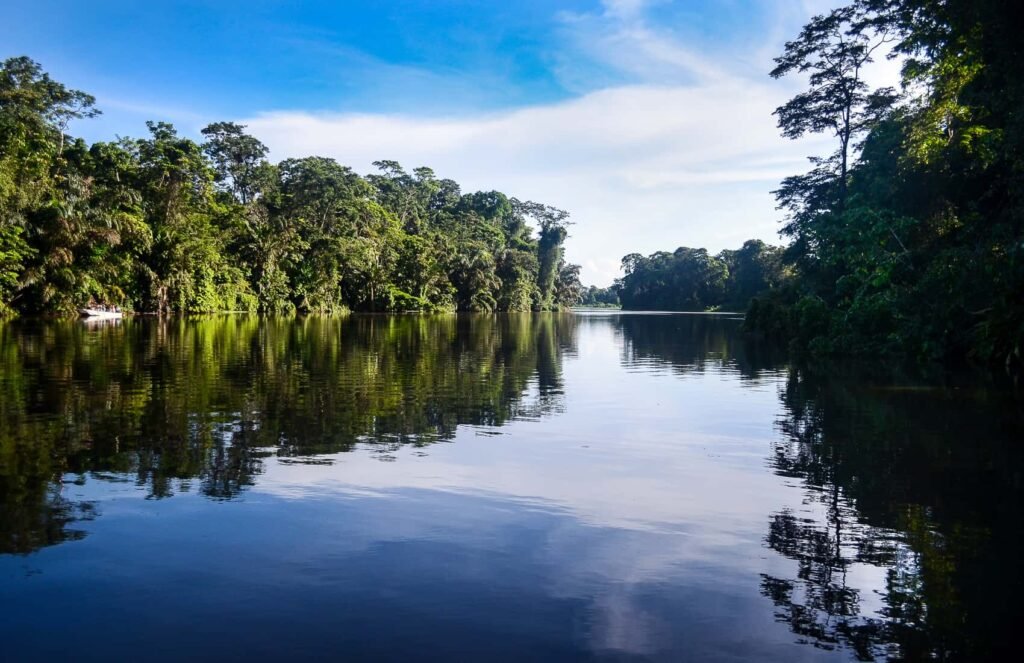
Tortuguero National Park
Experience Tortuguero National Park photography tours in Costa Rica, where jungle-lined canals create mirror reflections and intimate wildlife encounters. From monkeys and caimans to nesting
Two and Three-Toed Sloths In Costa Rica Photography Tours
Experience the enchanting world of Costa Rica through the lens of Physis Photo Tours, where the gentle two and three-toed sloths weave their magic among
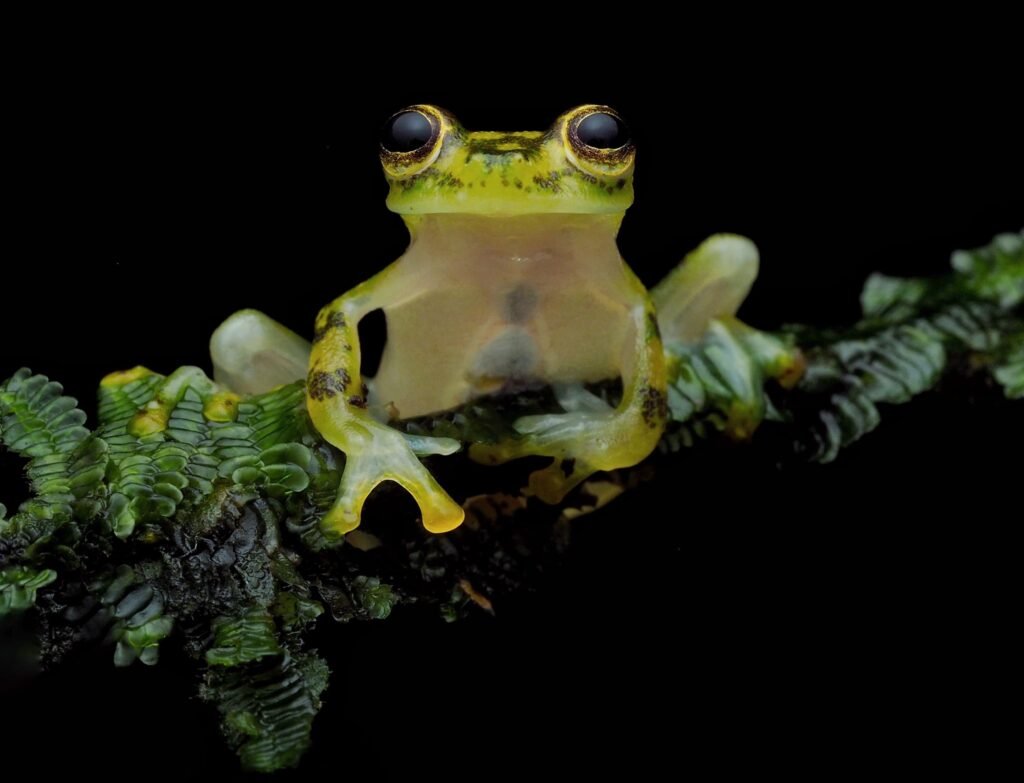
Costa Rica Wildlife Photography Tours
With its exquisite locations and dedicated tours, Costa Rica stands out as a premier destination for wildlife photography. Whether you are a beginner or an
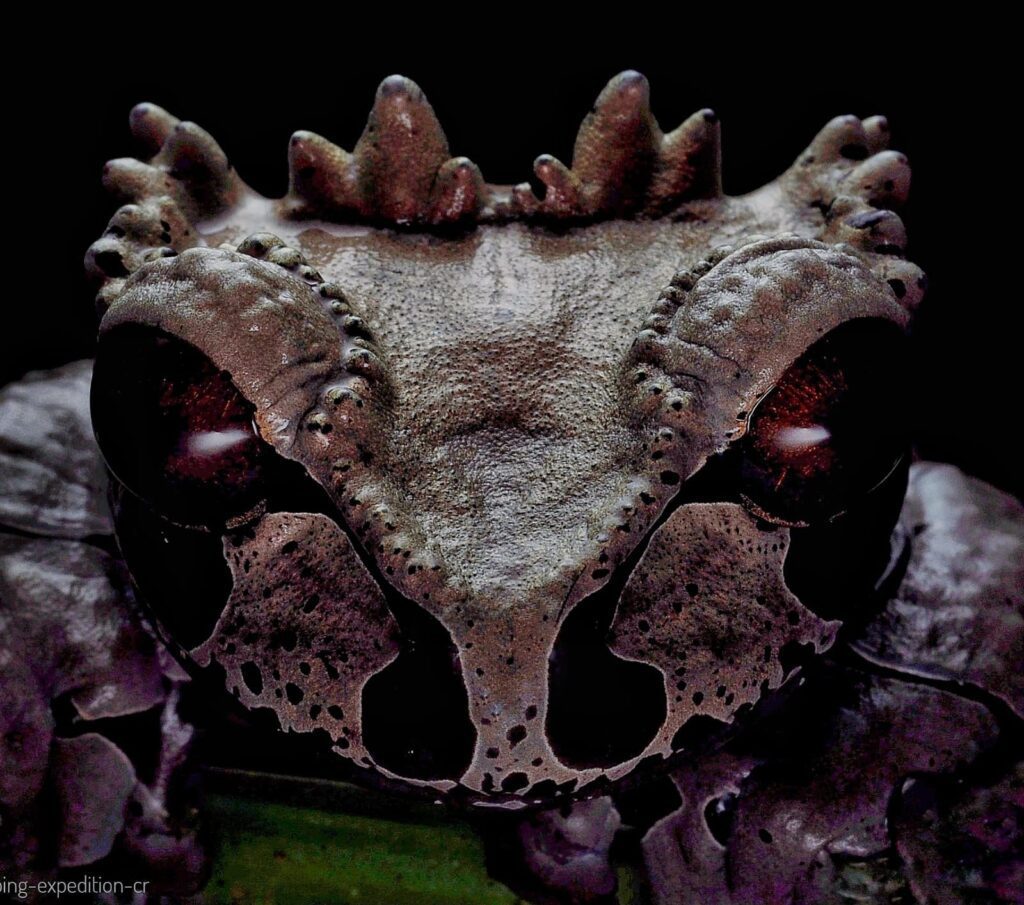
Herping Photography Tours
Costa Rica is a herpetologist’s dream. Join Physis Photo Tours to track and photograph the country’s most iconic reptiles and amphibians. From deep jungle trekking
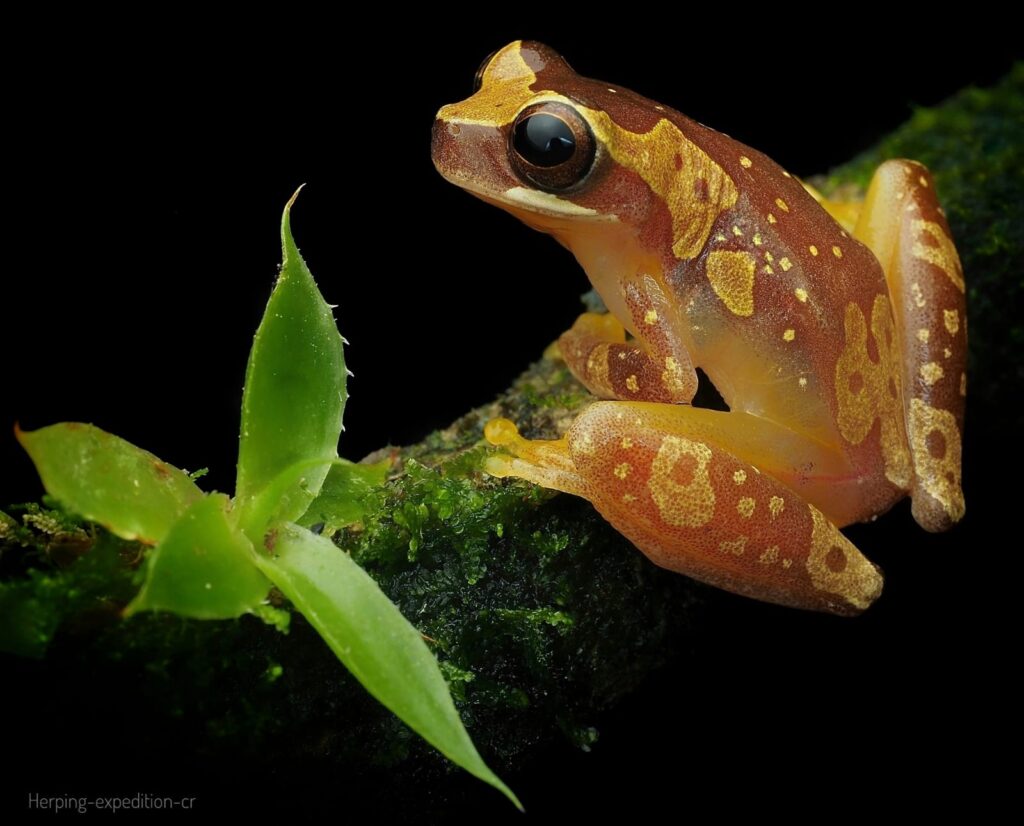
Private Workshops Macro Photography Tour
The rainforest comes alive in the details. From the translucent skin of Glass Frogs to the textured scales of Eyelash Vipers, our macro photography tours
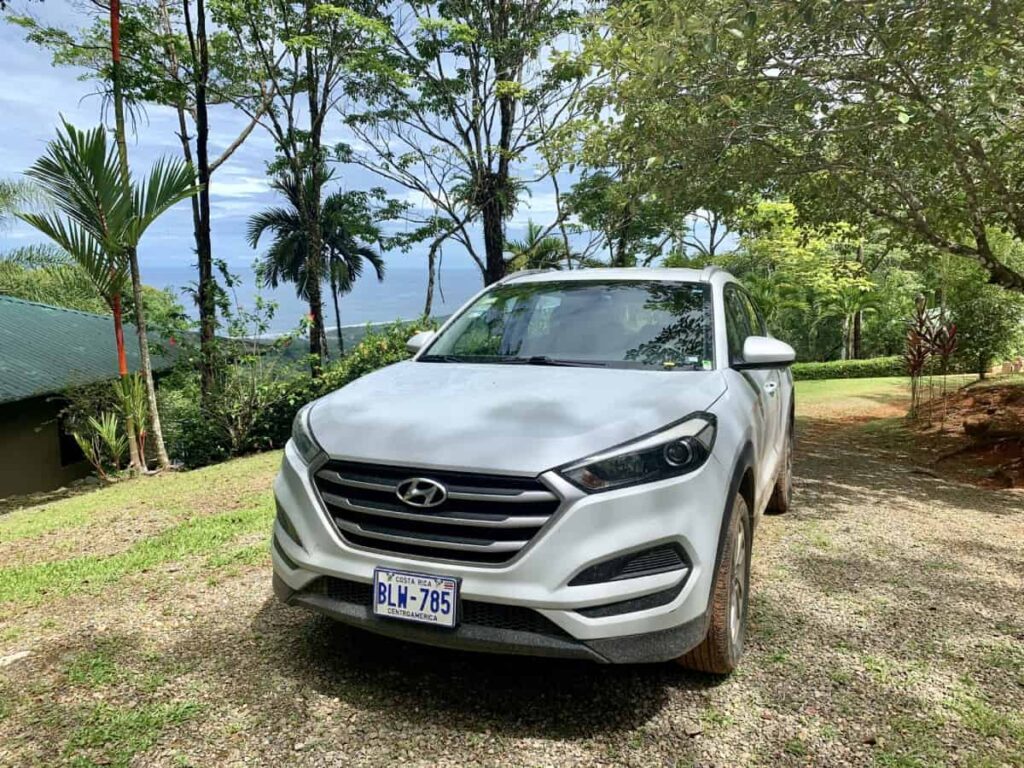
Costa Rica Wildlife Photography Road Trip
A road trip through Costa Rica offers endless photographic potential. But without a plan, you might miss the best light. Discover our curated wildlife routes.

Self-Drive Photography Tour
A self-drive photography tour in Costa Rica offers freedom, flexibility, and immersion. With Physis Photo Tours, you drive while we design and manage every detail
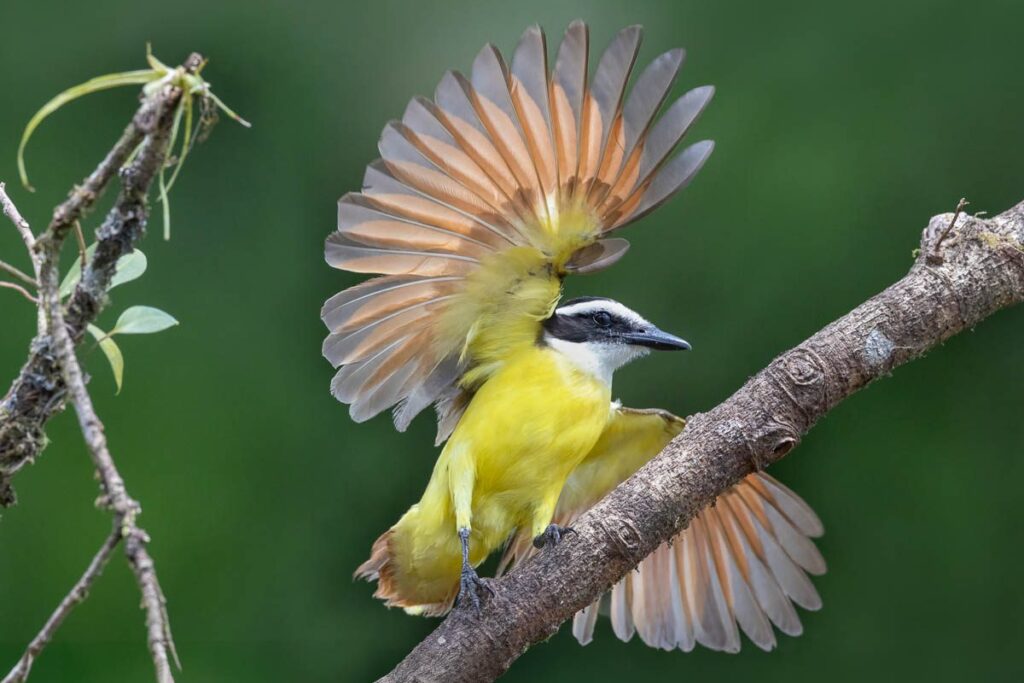
Tailored Private Wildlife & Bird Photography Tours
Discover the ultimate photography experience with Physis Photo Tours — tailored, private adventures across Costa Rica’s extraordinary landscapes. Our small-group and solo tours are designed
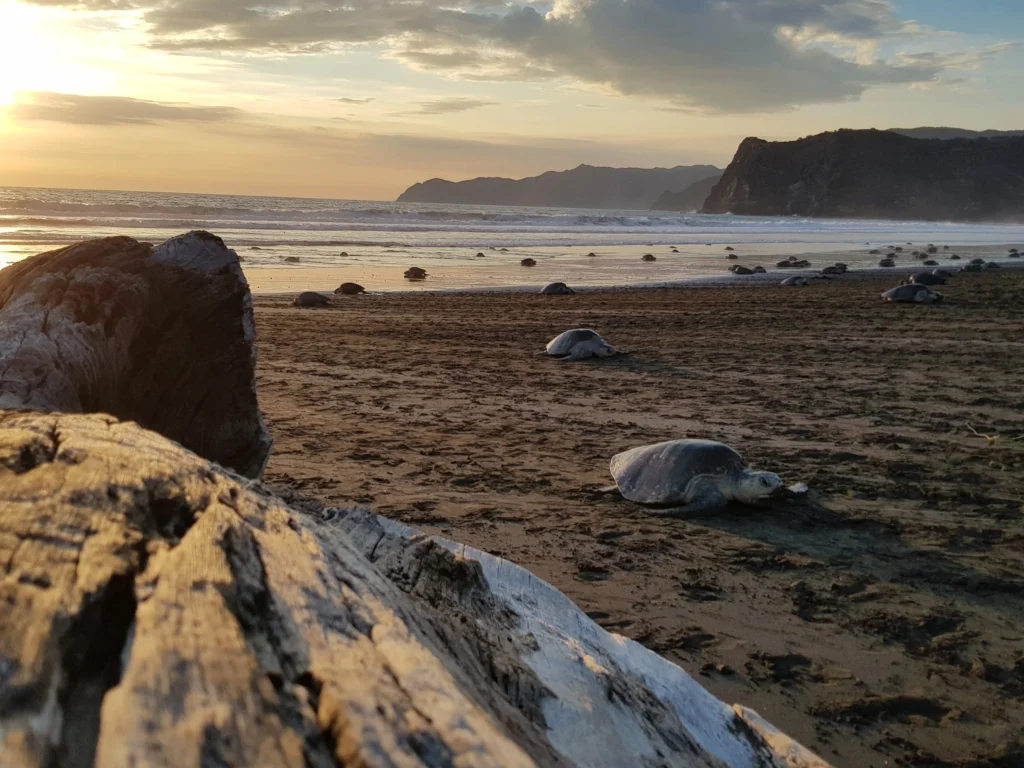
Private vs. Group Photography Tours in Costa Rica: Which is Right for You?
You’re ready to capture the stunning wildlife and landscapes of Costa Rica, but what’s the best way to do it? A bustling group tour or
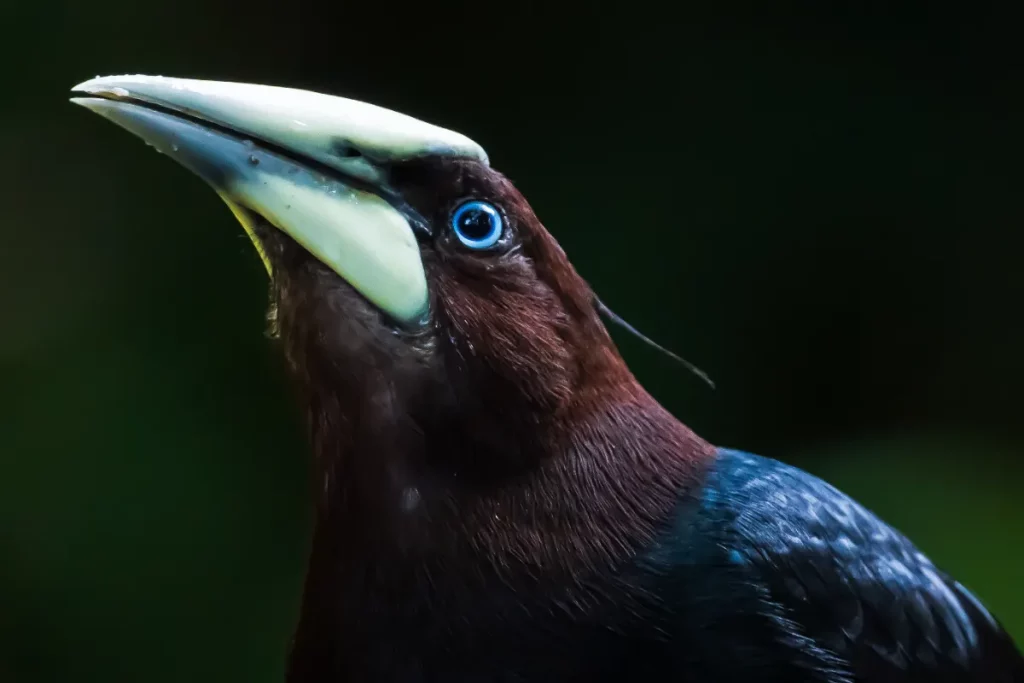
Why a Custom Photography Tour is the Ultimate Experience
Costa Rica is a world-class destination for photographers, but capturing its magic requires more than a standard tour can offer. Generic itineraries, poor timing, and

Bats Multiflash Photography
Elevate your portfolio with our exclusive Bats Multiflash Photography Tours in Costa Rica. Guided by Andy Bezara, master the technical artistry of high-speed flash to

